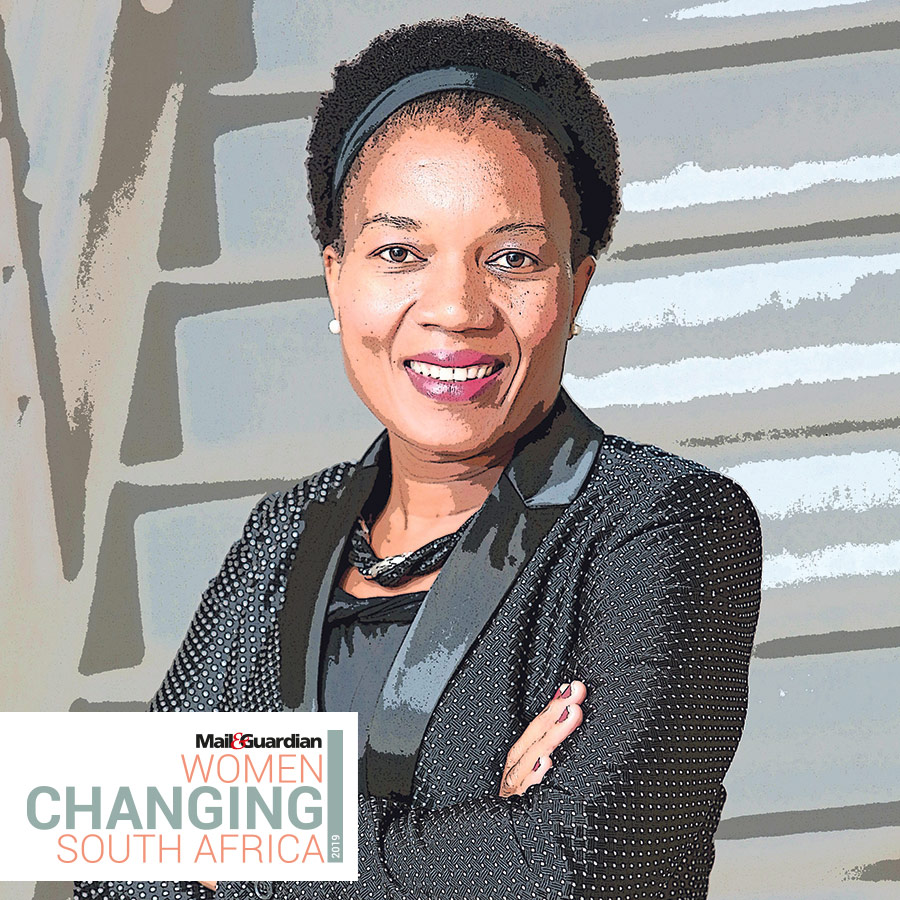Every day you are expected to work the fields: there is nobody else to do this. You need to cultivate the maize and other staple foods. It was so natural to us — the area is rich in subtropical fruit.
Konanani Liphadzi’s aptitude for agriculture stems from her background. She grew up in Khalavha village, then part of the Venda “homeland”, without any male siblings at home.
She outlines the strict gender norms she grew up under: girls traditionally did home economics, cooking and sewing, and boys were out in the yard and fields, doing gardening and agriculture. However, Liphadzi bucked this trend and although her knitting skills were below par, she displayed a natural talent for growing food.
Liphadzi did not manage to get into her first choice university degree, which was chemistry. Instead, she studied agriculture, which she says is one of the best things to happen to her. She was a groundbreaker at university, where she was surrounded by men in her agriculture programme and was sometimes the only woman in the class.
Her career has spanned research and management positions in the private and public sector and her current role as Fruit South Africa chief executive requires her to represent scores of local fresh-fruit grower associations in the import and export markets. This is a complex sector, with more than 60% of all fruit grown in South Africa shipped overseas to 90 different countries.
Part of Liphadzi’s role is to push for the transformation of the fresh-fruit industry and ensure more black players are involved. At a commercial level, the industry is “purely dominated by white males”, she says.
She has learned to have very thick skin in the tough agricultural sector, a strategy she picked up as one of the few girls farming in her home village. “Growing up in male spaces, you learn to fight for yourself; you learn all the survival tactics,” Liphadzi says.
Although Liphadzi has multiple degrees to her name, some people still look down on her because she is a black woman. “I just don’t allow it,” she says, firmly.
— Tehillah Niselow
Twitter: @FruitSAfrica


